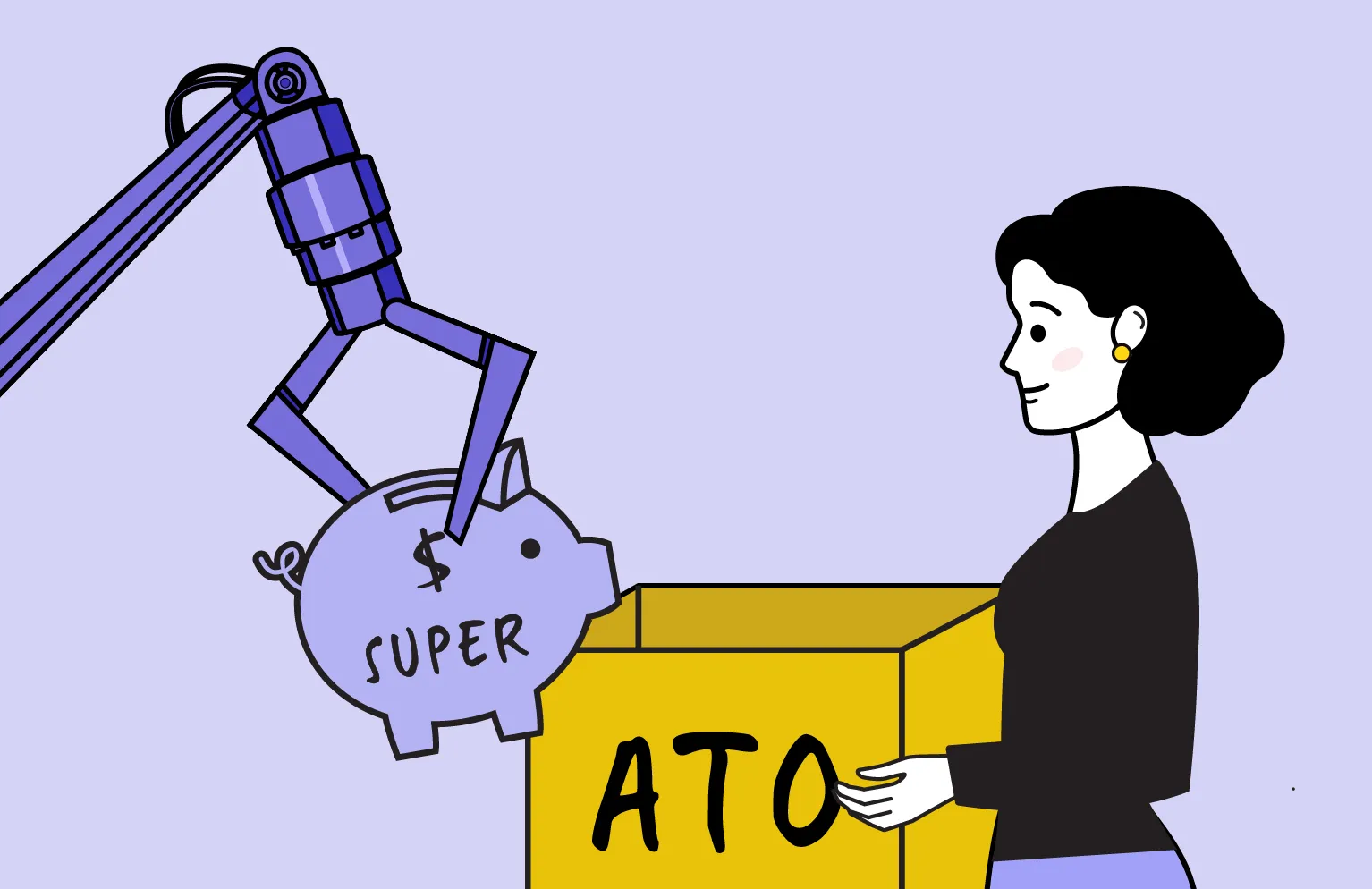Superannuation compliance is more than just a regulatory obligation—it's a critical aspect of responsible business management. The recent report from the Super Members Council—a collective representing 11 million Australians with superannuation in profit-to-member funds—highlights significant issues within Australia's superannuation system and underscore a pressing need for improved compliance and oversight.
The crisis that calls for action
Australia’s nearly $4 trillion superannuation scheme covers approximately 90% of employees. However, alarming statistics reveal that unpaid or underpaid superannuation—due to poor processes, insolvency, or deliberate evasion—affects one in four workers. In the 2021-22 financial year alone, $5.1 billion in superannuation went unpaid, resulting in an average underpayment of $1,800 per worker.
These findings are disheartening but not entirely unexpected. While Australia's superannuation framework is often praised, the report underscores the ongoing complexity and demands of superannuation compliance for employers.
Managing intricate pay codes, handling unique payroll scenarios, interpreting Enterprise Agreements, and accurately classifying contractors are tasks that require meticulous attention to detail and a proactive approach.
In this blog, we explore the real impact of superannuation non-compliance and share some tips for employers to address and mitigate the associated costs.
Unmasking the cost of superannuation non-compliance
1. Financial implications
The immediate financial impact of non-compliance often includes penalties imposed by the Australian Taxation Office (ATO). When employers underpay superannuation, they must cover Superannuation Guarantee Charge (SGC), which includes what is owed to the employee, interest, and administrative fees. Calculating this accurately can be challenging, and errors can quickly accumulate if not addressed promptly. A need for support in rectifying mistakes may require hiring accounting professionals or legal advisors, further increasing costs.
2. Erosion of trust
The reputational damage from superannuation non-compliance can be both severe and long-lasting. When news of a company's failure to meet its superannuation obligations becomes public, it can severely damage a business's reputation.
When a business specifically named at fault as non-compliant, it risks them being associated with these broader issues. Rebuilding a tarnished reputation requires substantial investment in public relations and internal reforms, which can be both time-consuming and costly.
The Super Members Council’s report reflects widespread concerns about superannuation compliance, with significant financial implications for workers. Employees discovering missing or inaccurate superannuation contributions may experience dissatisfaction and mistrust towards their employer. This can impact morale and productivity, making it harder to retain talent. Moreover, non-compliance can signal broader issues of mismanagement and financial instability to stakeholders, deterring potential investments and partnerships.
3. Operational disruptions
With one in four workers affected by unpaid or underpaid superannuation, the implications extend beyond individual businesses to reflect systemic superannuation compliance issues such as incorrect pay codes, misclassification of contractors, or misinterpretations of enterprise agreements.
Non-compliance often leads to significant operational disruptions, requiring additional work that detracts from core business activities. Businesses may need to allocate extra resources to address these issues, including employing accounting professionals or advisors to rectify mistakes and manage disputes.
4. Director liability
Directors, even those not directly managing superannuation day-to-day, play a crucial role in addressing root causes of compliance issues, mitigating risks, and fostering a culture that values accurate payments to secure employees' futures in retirement.
In Australia, company directors are personally liable for ensuring that superannuation contributions are correctly made and reported. Non-compliance can lead to significant legal ramifications for directors, including damage to professional reputation, substantial fines and legal action.
Becoming a superannuation hero: Proactive measures
To effectively manage superannuation compliance, employers should adopt a proactive approach, including:
- Conducting regular audits to identify and address potential issues early
- Engaging superannuation specialists or legal advisors for guidance on up-to-date compliance practices
- Developing clear policies on superannuation contributions and consistently applying them
- Educating payroll and HR teams on superannuation obligations to prevent errors
- Staying informed about legislative changes and updating practices regularly
- Investing in advanced payroll and compliance software to automate calculations, track payments, and provide real-time reporting, reducing the risk of human error
Understanding the costs of superannuation non-compliance highlights the urgency for businesses to address these issues in a better way. The findings of the Super Members Council serve as a powerful reminder of the critical importance of superannuation compliance—not just for avoiding penalties, but for fostering trust, maintaining smooth operations, and safeguarding growth opportunities and personal accountability.
Act now to safeguard tomorrow
With the increasing scrutiny on underpayments and the substantial financial costs associated with non-compliance, reputation risk management is now a top priority for businesses. Superannuation is emerging as the next focal point for compliance. Employers who have not yet examined their superannuation processes should act now to protect their business from risk and ensure that Australian workers are rightfully paid.
At Yellow Canary, we challenge traditional approaches to compliance, constantly striving to assist Australian employers in meeting their obligations accurately. To discover how our AI-driven tool can transform your superannuation compliance processes, learn more here.
*Yellow Canary content on this website is intended solely for the purpose of offering commentary and general knowledge. The content is not intended to constitute legal advice. You should seek legal or other professional advice before acting or relying on any of the content.




.webp)

.png)